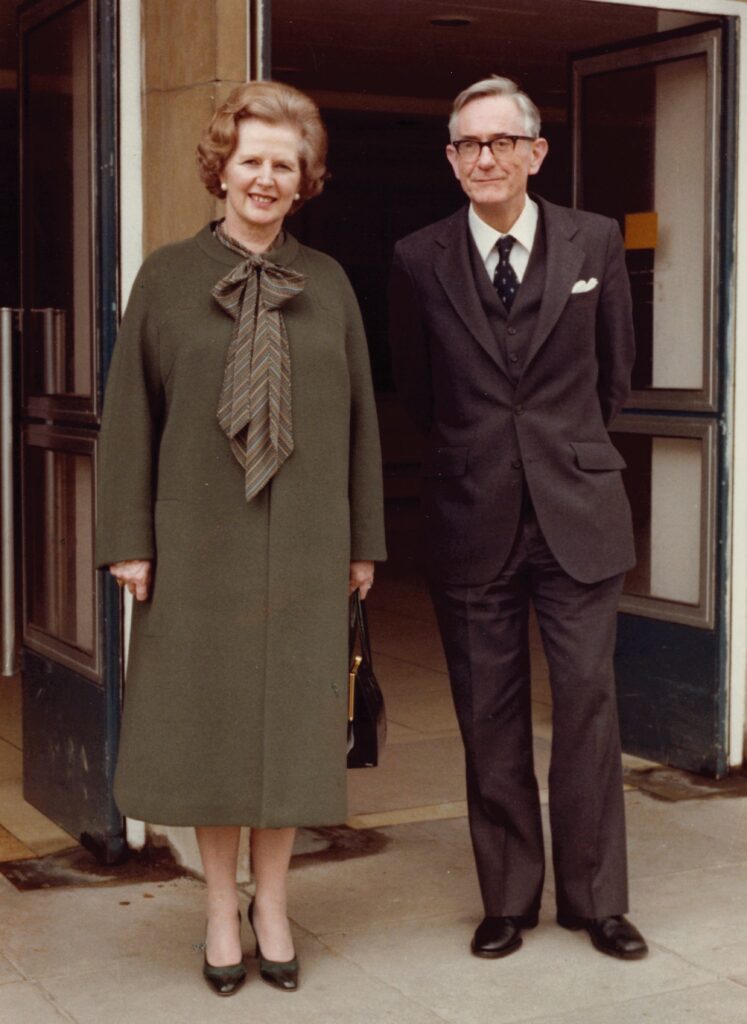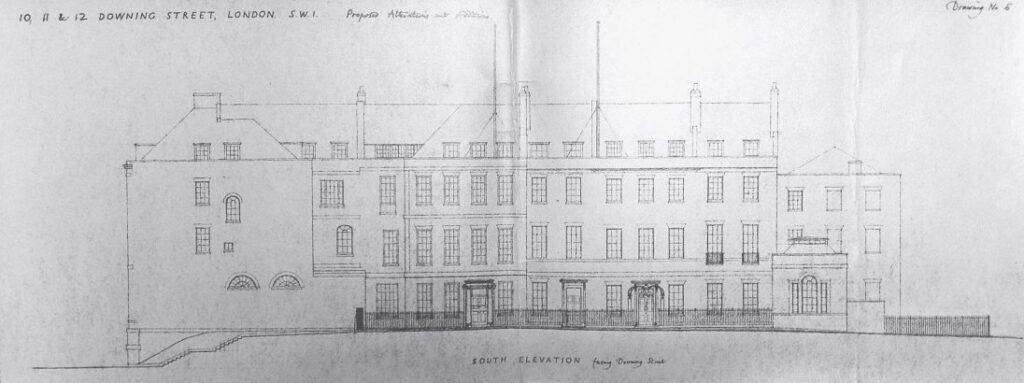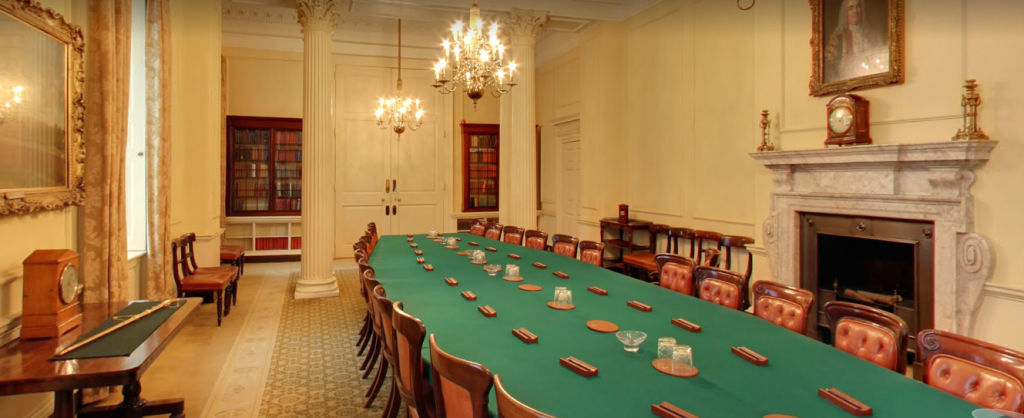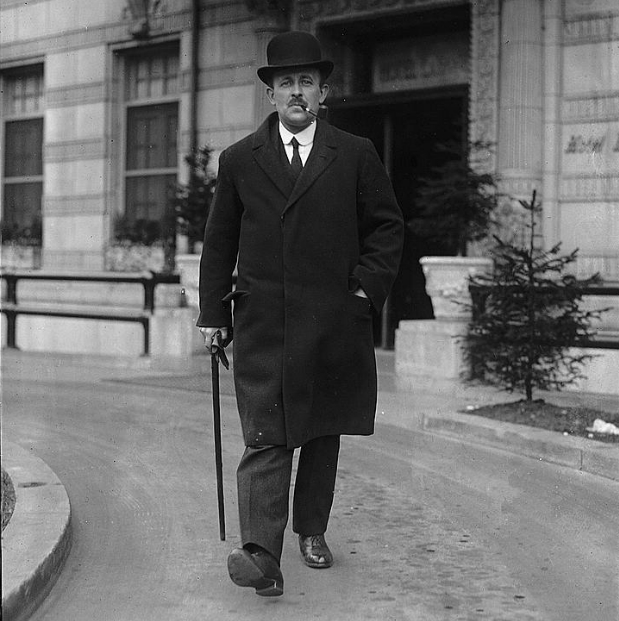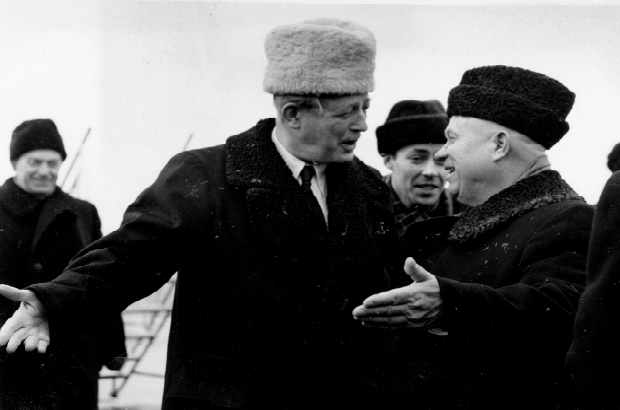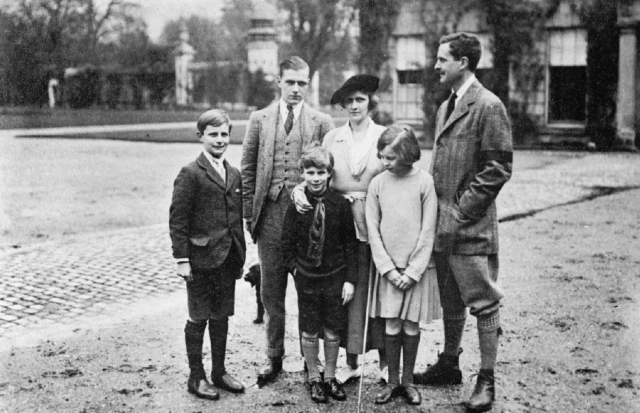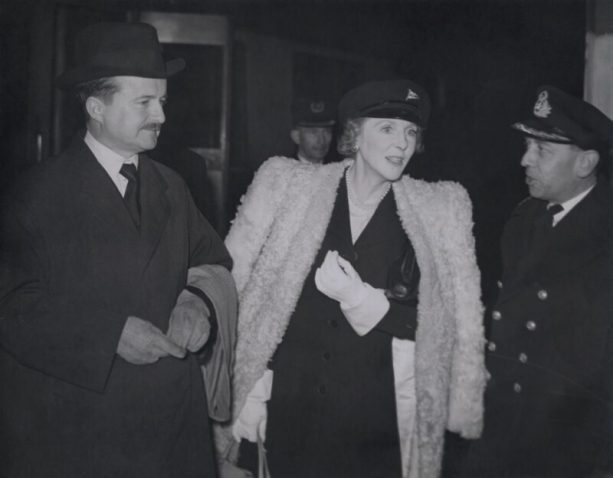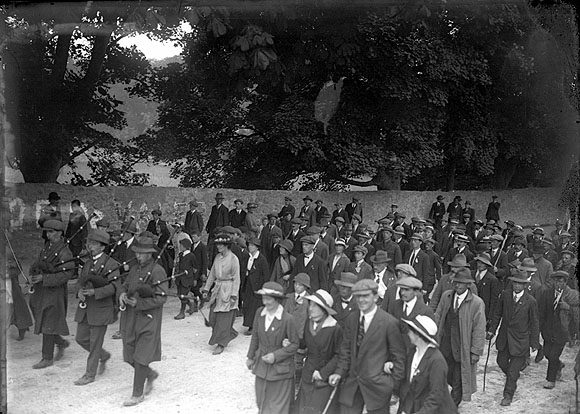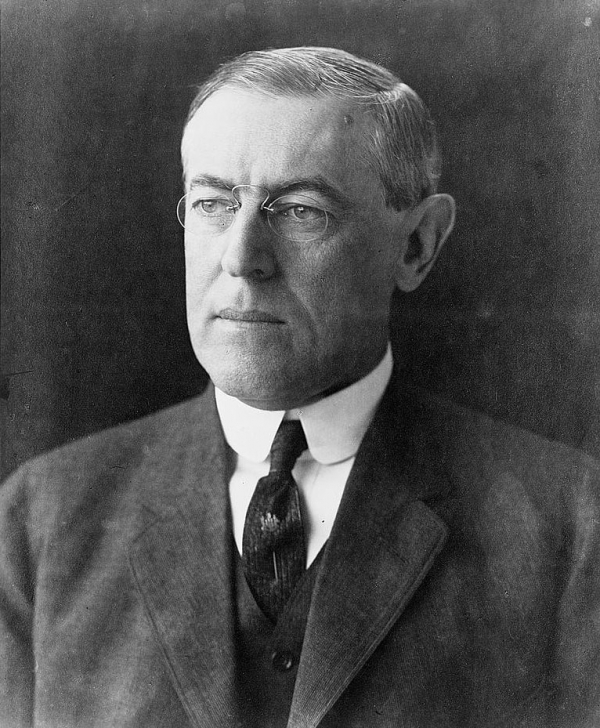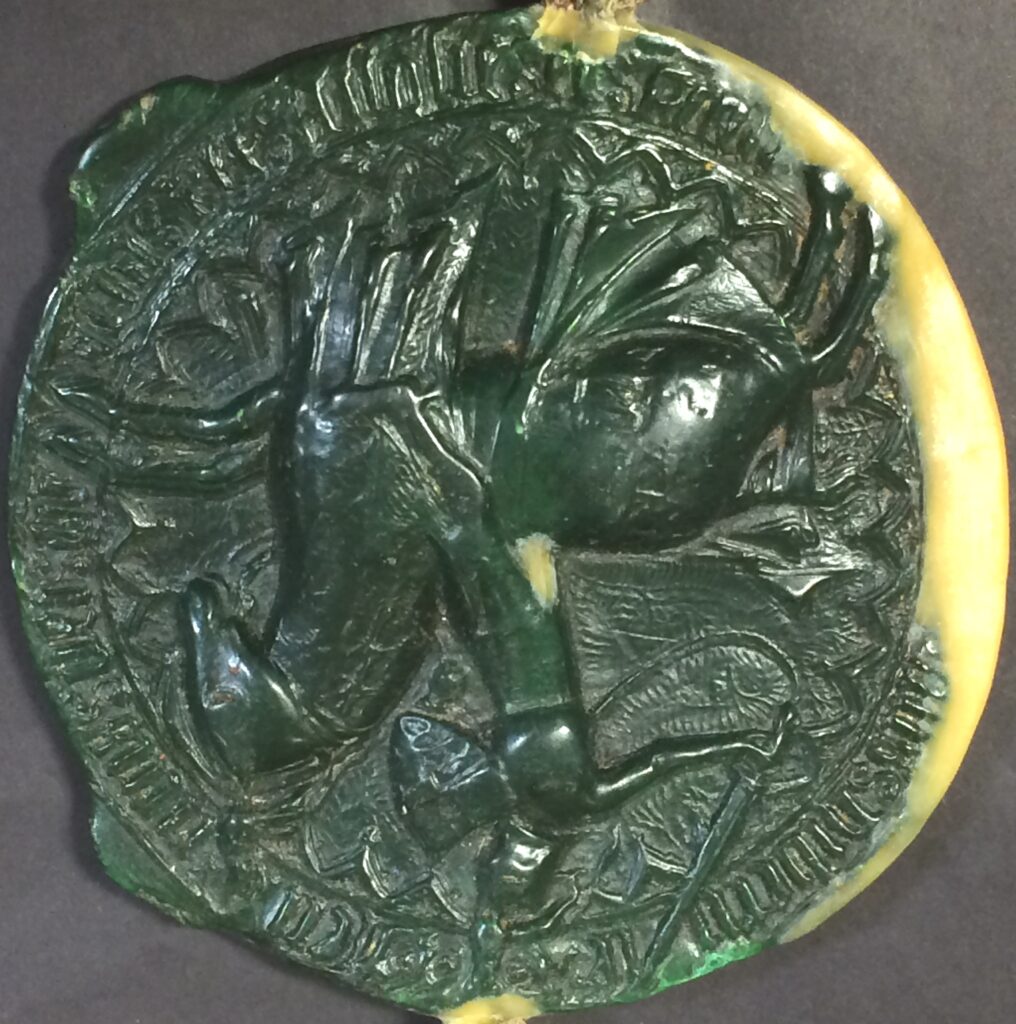Search results for VIPREG betwinner promo code india today Armenia
...my visit today. I found the various briefings and demonstrations of the greatest possible interest. I was much impressed by the knowledge, dedication and professionalism of those whom I met....
...still decorate the room today. However, despite arriving at the present arrangement essentially by chance, there was little appetite for radically rethinking No. 10’s core layout to suit the changing...
...buildings, (GOGGS), which remain its main home today.[iv] The Crawford Committee had recommended that the reconstruction of the Old Treasury should be carried out concurrently with the required works on...
Sir Maurice Hankey, 1921 (Library of Congress) A century ago today, David Lloyd George, the new Prime Minister, held the first meeting of his War Cabinet. In the process he...
...public life – to observe different standards from those prevalent today in many circles. Macmillan perceived himself as speaking from inside the confines of the British political community, and was...
...MPs. Such behaviour lost her friends and allies. Nancy was a woman of strong beliefs; the depth of these feelings means that her reputation today is somewhat tarnished. She was...
Seventy-five years ago today, on 13 September 1944, a Dakota aircraft, with an escort of 45 Spitfires, flew across the English Channel towards Paris. The plane carried the new British...
...her political beliefs, her personal qualities would both attract and repel people today. She rejected the opportunity to live a quiet life of luxury in order to be politically active,...
One hundred years ago today US President, Woodrow Wilson, gave his famous speech to Congress articulating the Fourteen Points and principles that he believed should be the foundation of post-war...
...siege operations. Their role and duties to some extent resembled those of the Royal Engineers today. For instance a payment of £88 was made to John Janyn, master carpenter, and...
